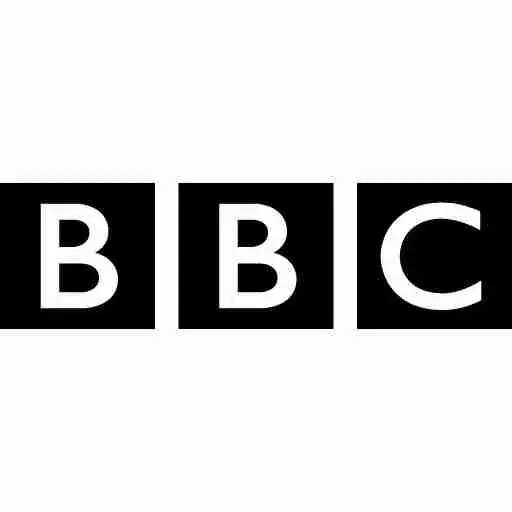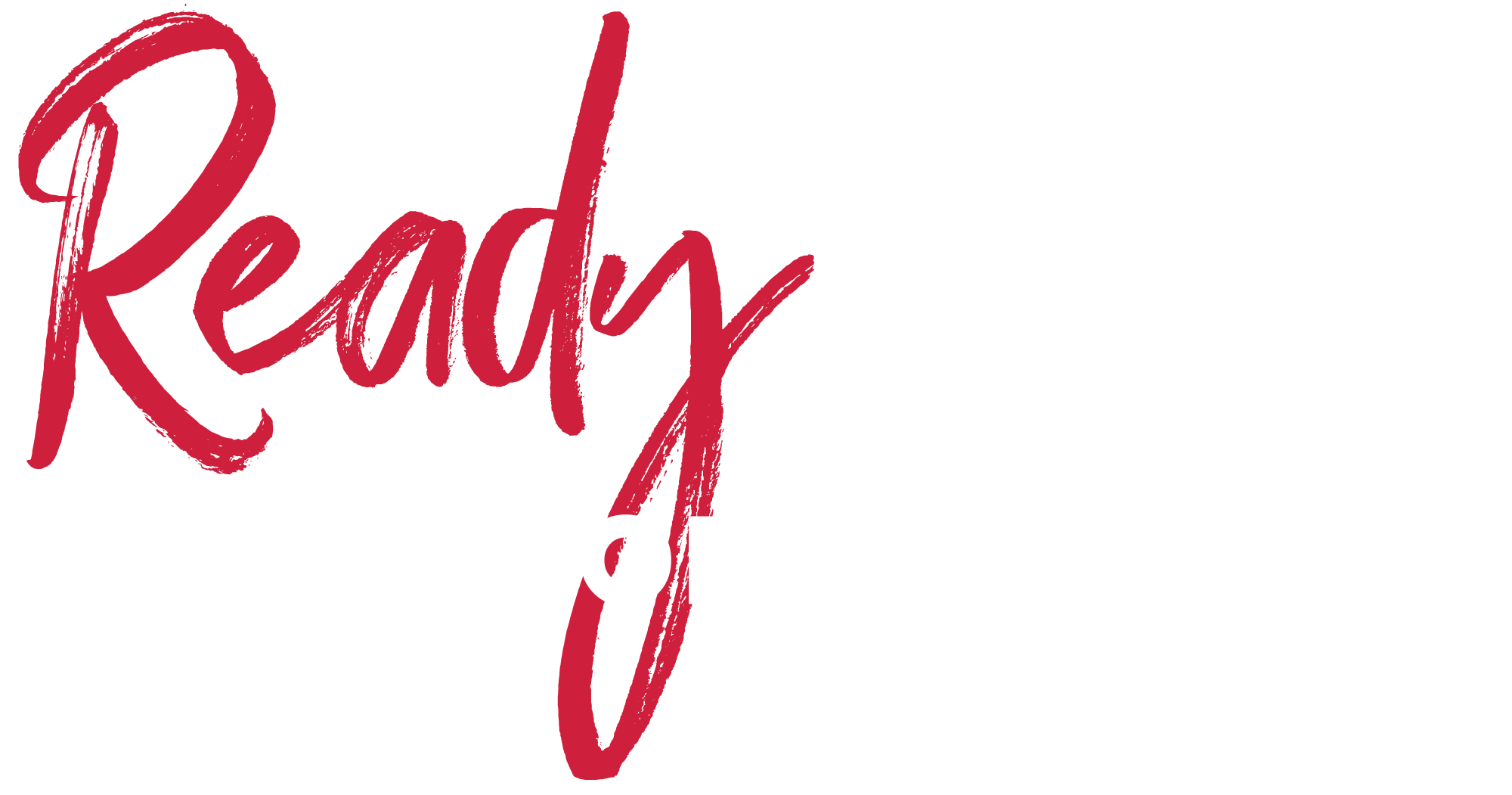
The row between the BBC and Gary Lineker has dominated the airwaves this weekend in exactly the way its football coverage usually would. There has been much hand-wringing on both sides of the debate about Lineker’s tweet in support of basic human rights for underrepresented people in a terrible situation. Whatever side you are on, the real loser from the whole affair is the BBC, and the reason behind that is optics.
The key factor with optics is it doesn’t necessarily matter who has done what, it’s all about the public perception of who is in the right. In this case, the narrative on one side is that a freelance TV personality and former sporting icon who has personal experience of the struggles faced by refugees has been censured by the national broadcaster for publicly saying that a right-wing government’s new immigration policy is cruel. On the other side it is that a BBC presenter breached the corporation’s policy on impartiality on his social media account and had to be taken off air as he would not apologise for it.
Taken in isolation, the optics around this situation are not good for the BBC. But, as so often happens, this is not being seen as one incident on its own. The furore over Lineker’s tweet has been combined with an apparent refusal by the BBC to broadcast on terrestrial television the sixth part of a David Attenborough natural history programme about the UK because its focus is on the adverse effect people are having on the climate and could lead to a backlash in the right wing media. The BBC counters that the series was only five parts and the sixth episode is entirely independent of the series, funded by charities and will be available on its iPlayer service. Then, of course, there is the small issue of the BBC’s chairman not stepping back while he is being investigated about not declaring his role in introducing the former prime minister to a distant relation who wanted to help support the then leader of the country financially just before the corporation’s chairman was recommended for the position. Again, the BBC has said this was all above board and handled in the appropriate way.
The combination of these factors has added up to create the look of a national broadcaster that censures anything that the political right might be sensitive to, but is happy not to act on something the political left might raise objections to. For an organisation that prides itself on its impartiality, this is not good optics.
The most surprising element is that the current director general of the BBC is, by all accounts, an excellent marketeer. He knows the importance of optics and yet has allowed the BBC to fall into this trap. He should know better and he should have acted faster.
As a result, the BBC has found it difficult to remove itself from this situation with any dignity left intact. When an organisation finds itself on the wrong side of public opinion, it needs to act quickly. Regaining control of the narrative and appearing to have understood and acted upon the criticism are essential to ending this situation. This appears to be what it was attempting to do on Monday morning with the lifting of Lineker’s suspension and an announcement into a review of social media guidelines at the corporation. However, by letting this whole story escalate over the weekend, the BBC found itself in a very difficult position, and one that was entirely of its own making.
The key lesson that every business can learn from this episode is that the way your company is perceived and how you react to difficult issues can sometimes be more important that what you are actually doing.
The key factor with optics is it doesn’t necessarily matter who has done what, it’s all about the public perception of who is in the right.
